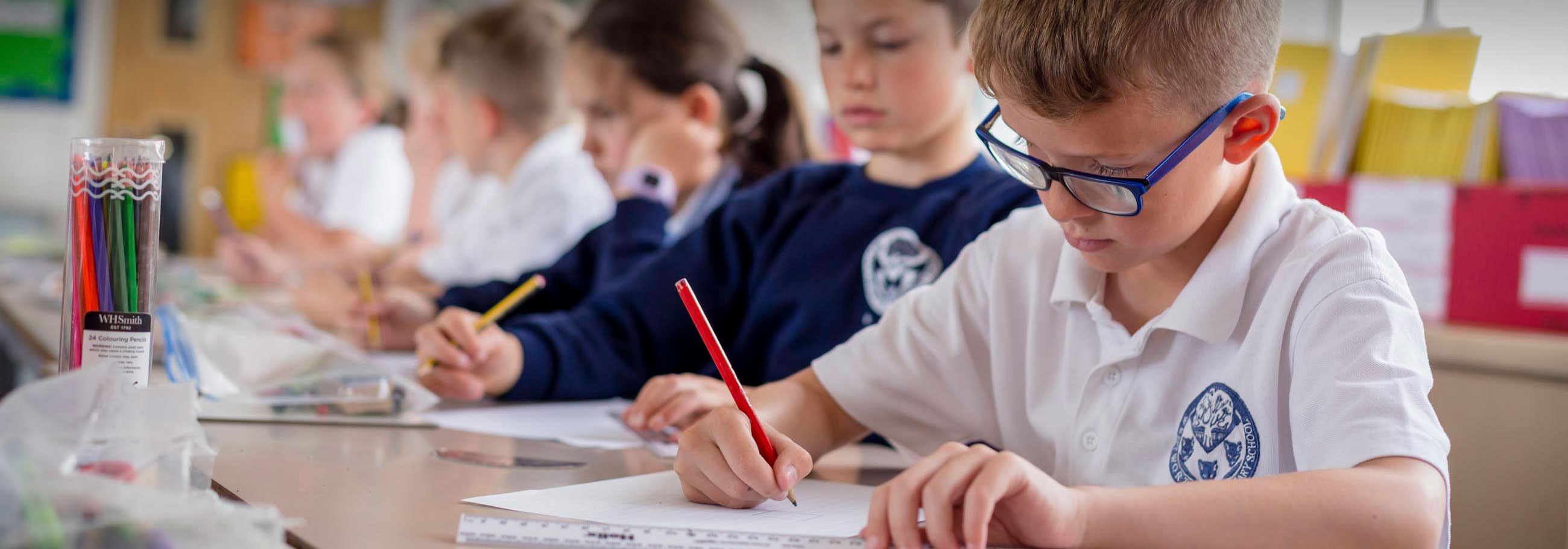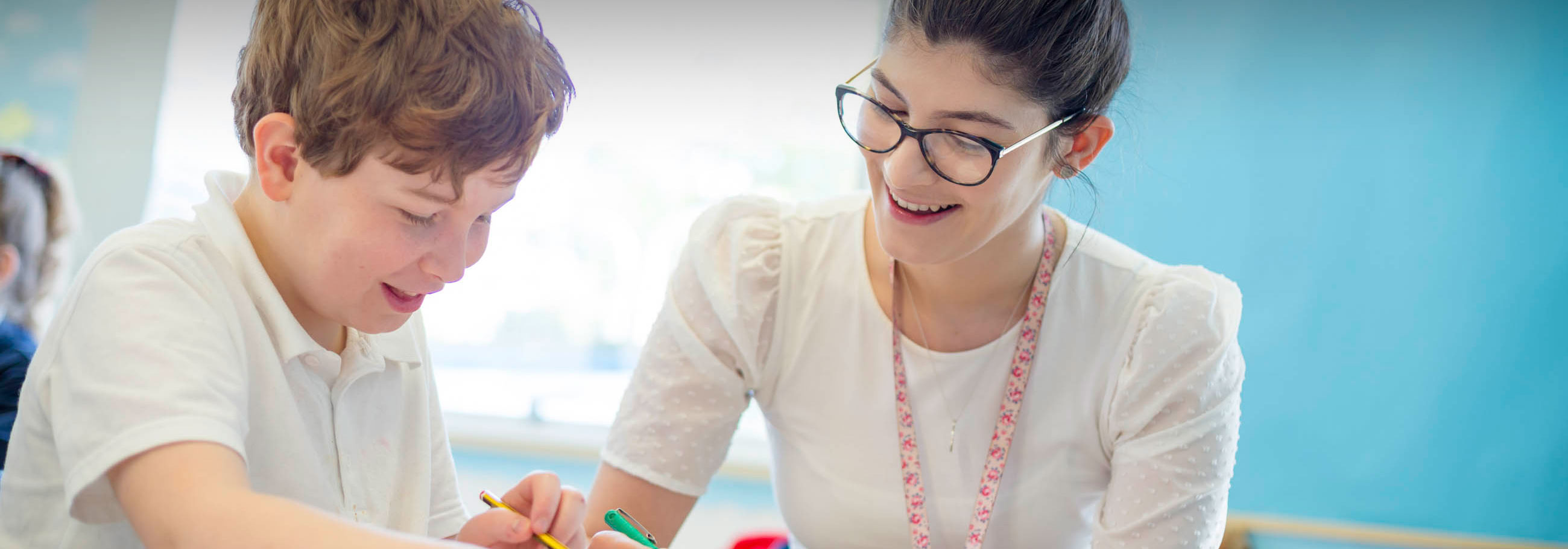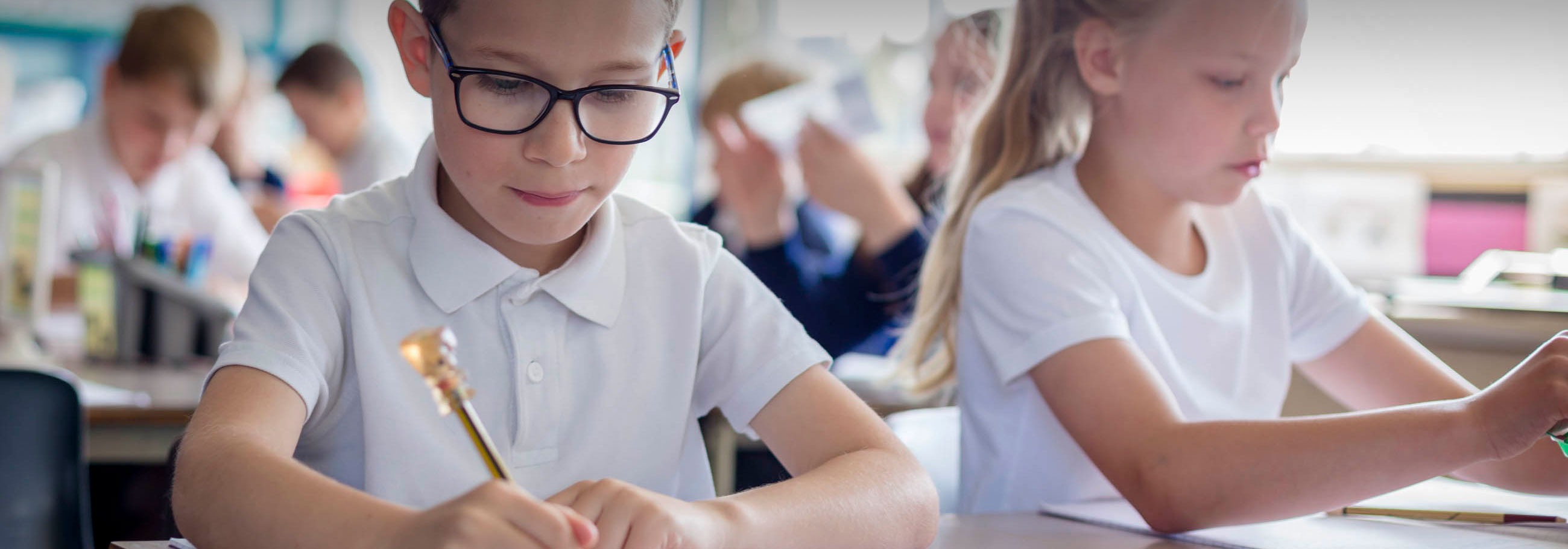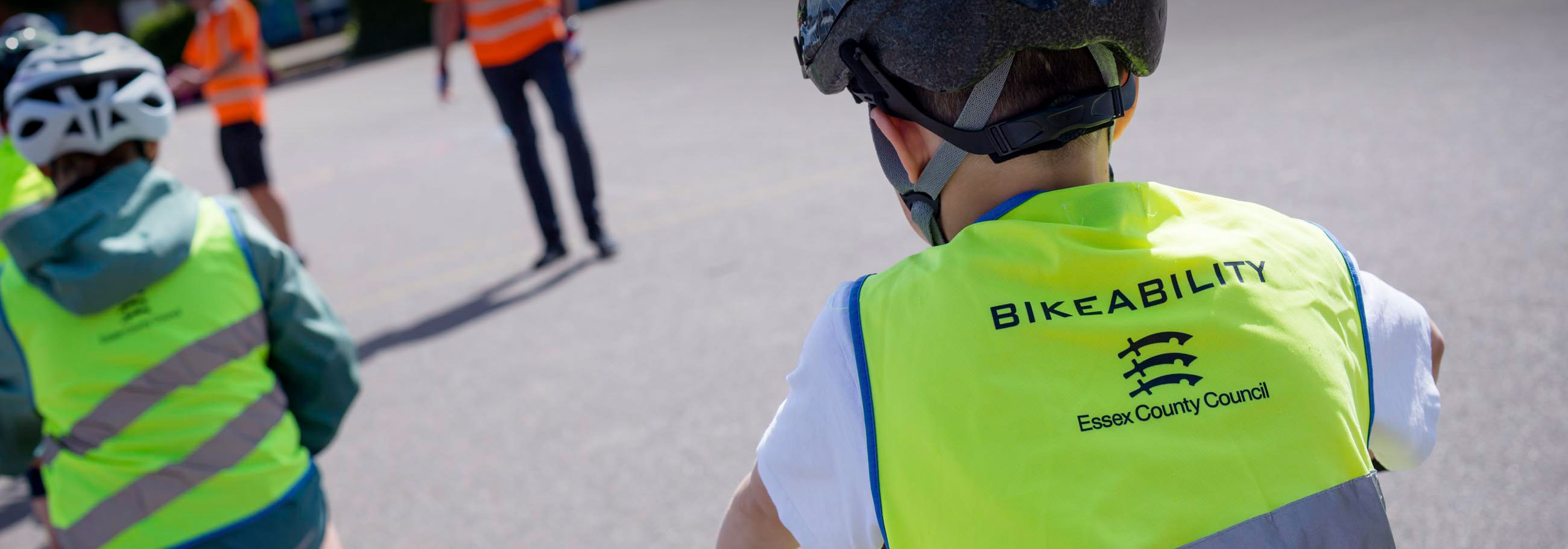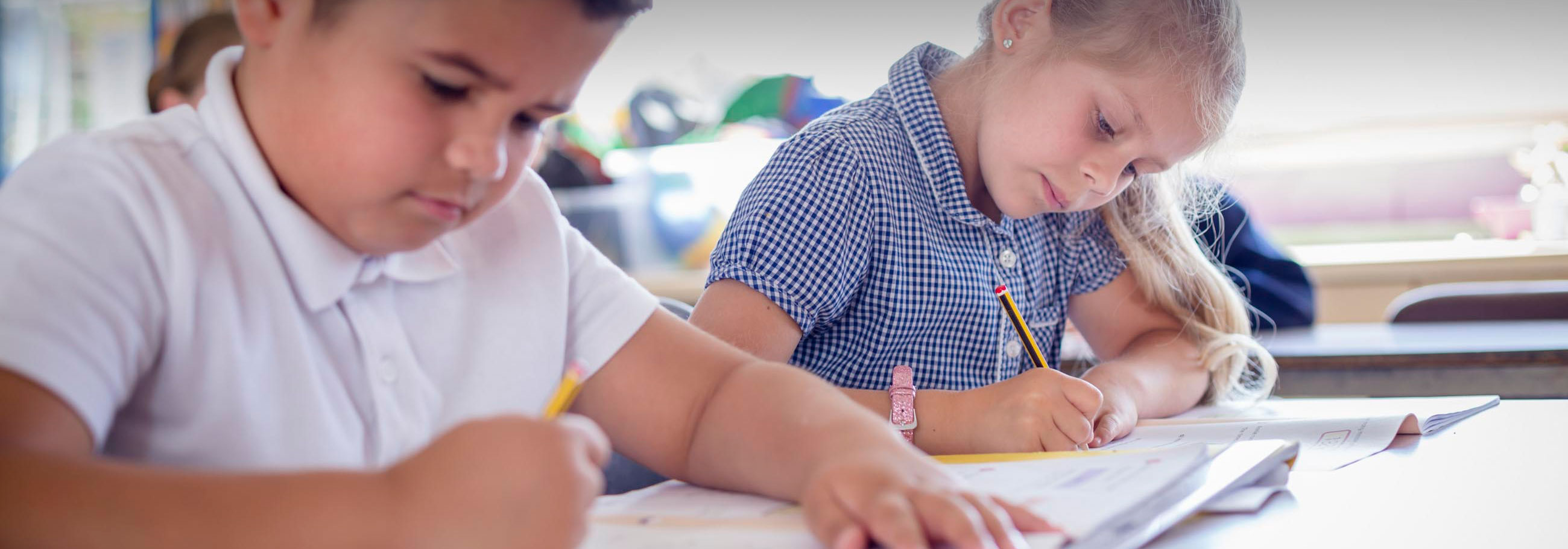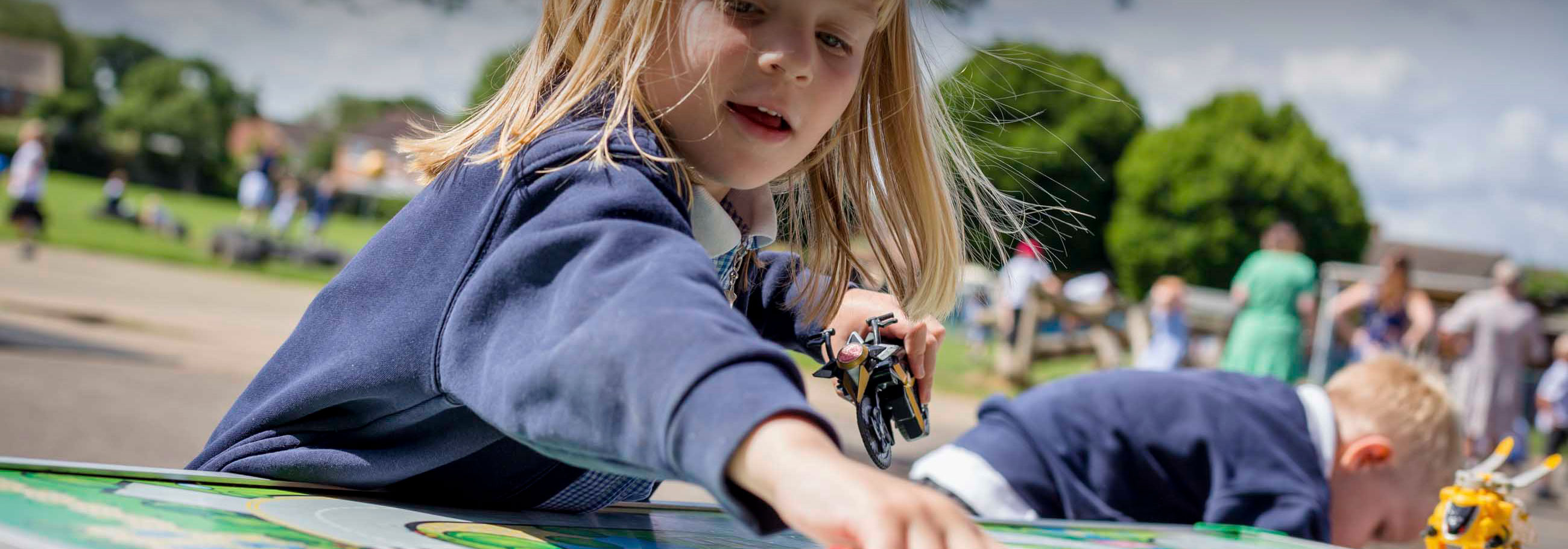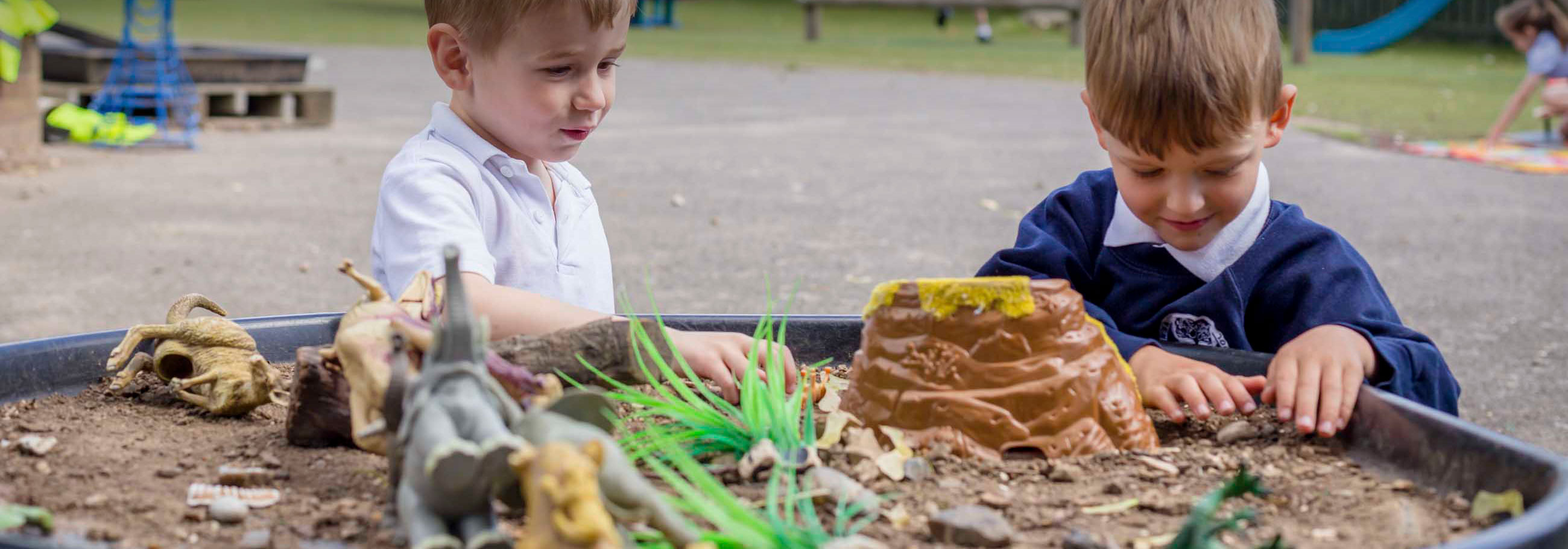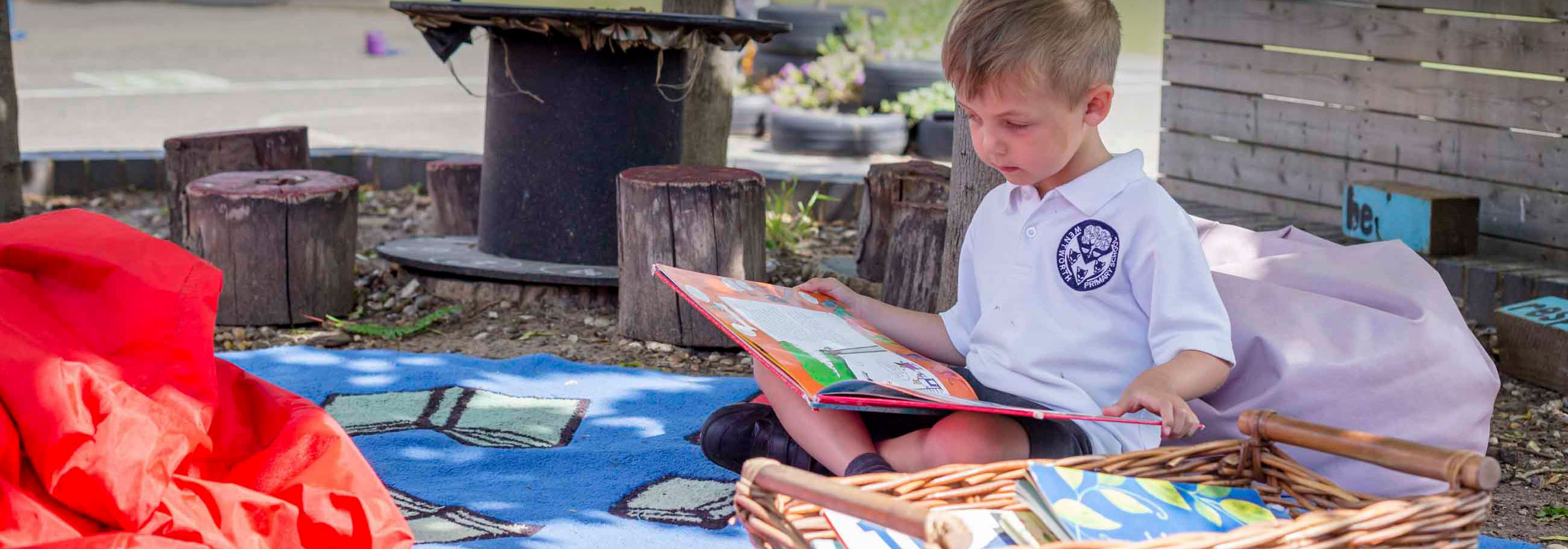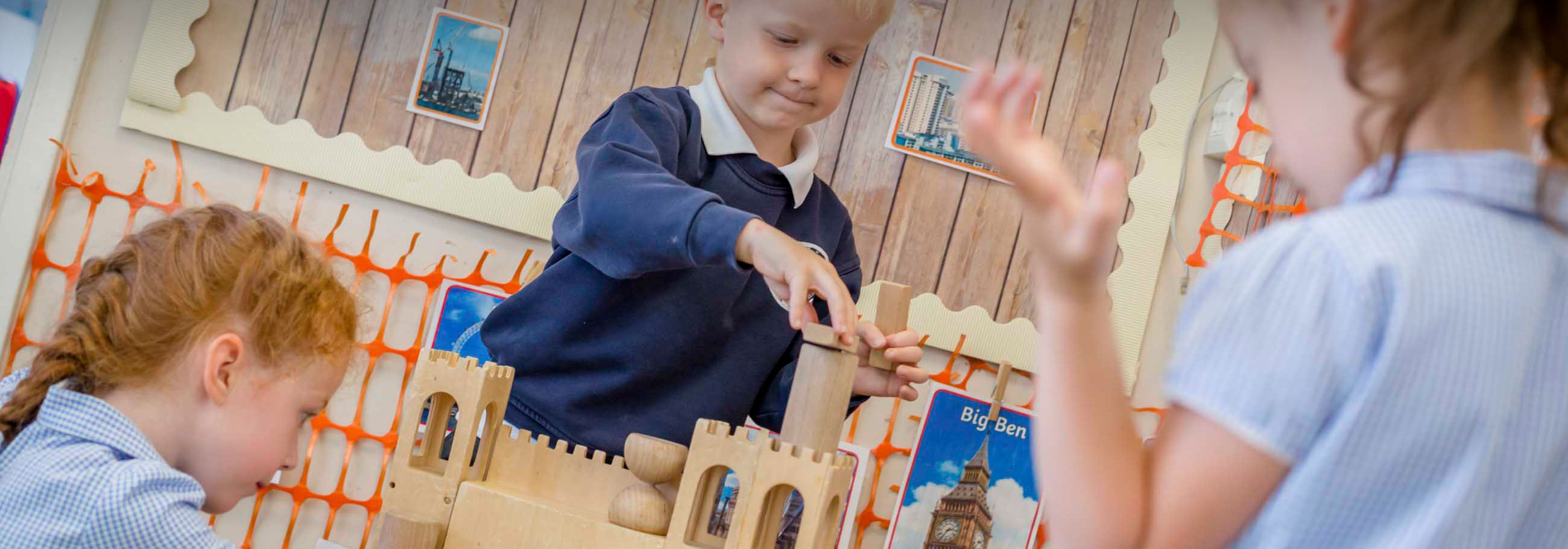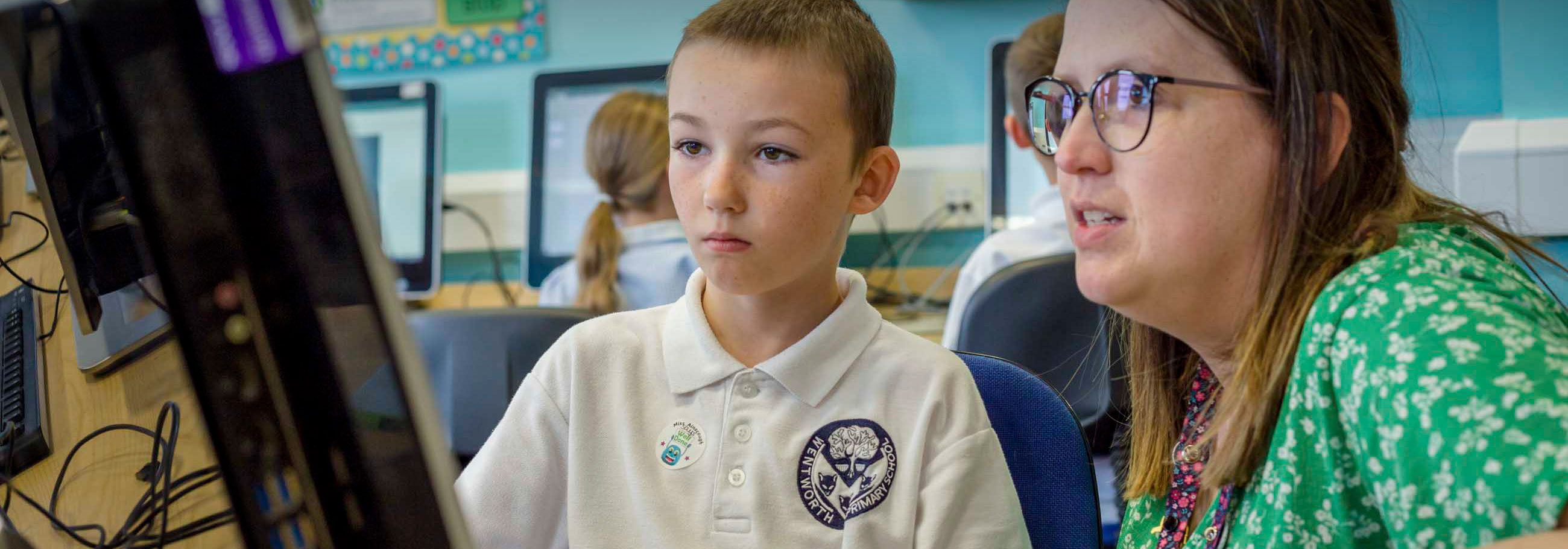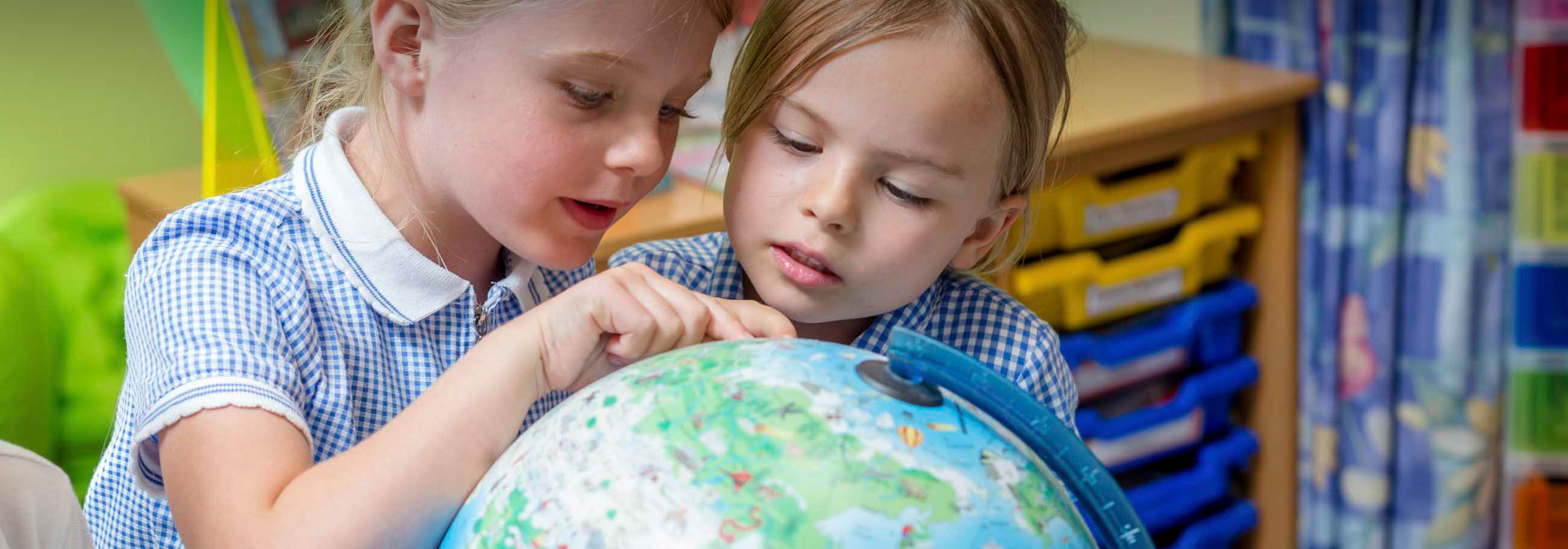PSHE / RSE
Intent
Personal, Social, Health and Economic education (PHSE) at Wentworth Primary School is guided by the National Curriculum and the guidance for Relationships and Sex Education (RSE) and Health Education published in 2025. Our PSHE provision supports the school’s aims of developing confident citizens and successful learners who are creative, resourceful and able to identify and solve problems. Our intention is to ensure that by the end of the children’s time with us, they will have experienced a broad and balanced PHSE curriculum that is accessible to all, and will leave us as well-rounded individuals with open minds.
We use Coram Life Education’s SCARF programme (Safety, Caring, Achievement, Resilience and Friendship), which provides a whole-school approach to building these essential foundations for academic and social success. Through PSHE, we help children develop the knowledge, skills and attributes needed to manage their lives in today’s diverse society and in the future.
Implementation
Our PSHE curriculum follows the SCARF programme (Safety, Caring, Achievement, Resilience, Friendship) from Coram Life Education. Developed by teachers and based on values and a Growth Mindset approach, SCARF promotes positive behaviour, mental health, wellbeing, resilience and achievement.
Lessons follow the PSHE Association’s three core themes: Health and Wellbeing, Relationships, and Living in the Wider World. These are taught through six areas:
- Me and My Relationships – feelings, emotions, conflict resolution and friendships
- Valuing Difference – respectful relationships and British values
- Keeping Myself Safe – health and safety
- Rights and Responsibilities – money, the wider world and the environment
- Being My Best – healthy lifestyles, resilience, goal-setting and achievement
- Growing and Changing – the human body, life stages and staying safe
Our spiral curriculum revisits themes regularly, building on prior learning in age-appropriate ways. Lessons are creative and interactive, using role play, discussion, art, group work and games.
Most lessons are recorded in the class PSHE ‘Floorbook’, which shows a journey and a celebration of learning through the thematic units taught. Summative assessment is undertaken using the Wentworth Foundation Subject Assessment sheets which are completed at the end of each term, allowing progress to be recorded and tracked.
In addition to dedicated PSHE lessons, many other curriculum subjects make a link to PSHE and displays throughout the school also reinforce the PSHE curriculum, further enabling children to make links. Additionally, pupils are encouraged to show leadership in their community through the school council, eco team and representing their class as a citizen of the term.
Impact
- All Pupils
Our PSHE curriculum supports children’s health and wellbeing, helping them develop empathy, communication and critical thinking skills. They learn to manage risk, assess arguments, and distinguish fact from opinion, while recognising influence and persuasion, especially from social media. SCARF promotes a culture of physical and mental wellbeing, enabling pupils to understand their own needs, practise self-care and support others.
- DP
Research shows that effective PSHE can raise aspirations and empower disadvantaged and vulnerable pupils with the skills to overcome barriers to learning and achieve more.
- SEND
Evidence suggests PSHE also benefits pupils with special educational needs by raising aspirations and providing strategies to overcome challenges, helping them reach their full potential.
Overall, our PSHE provision strengthens wellbeing, safeguarding and SMSC outcomes, ensuring all children gain the knowledge, skills and attributes they need to succeed in school and beyond.


